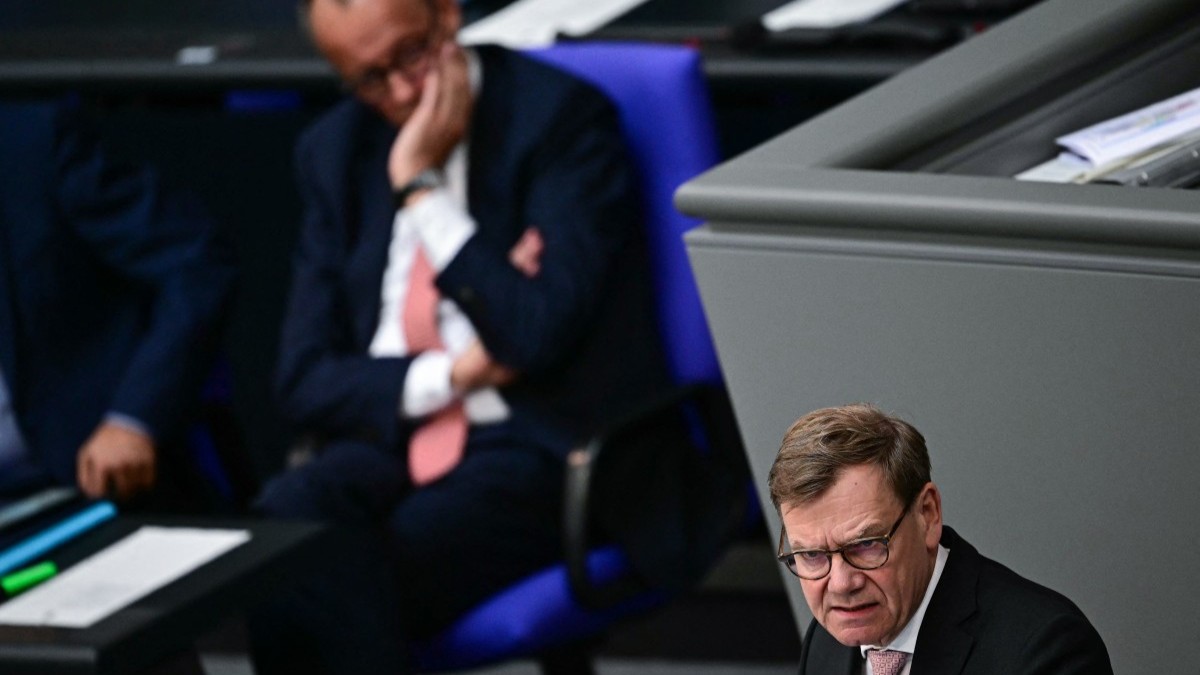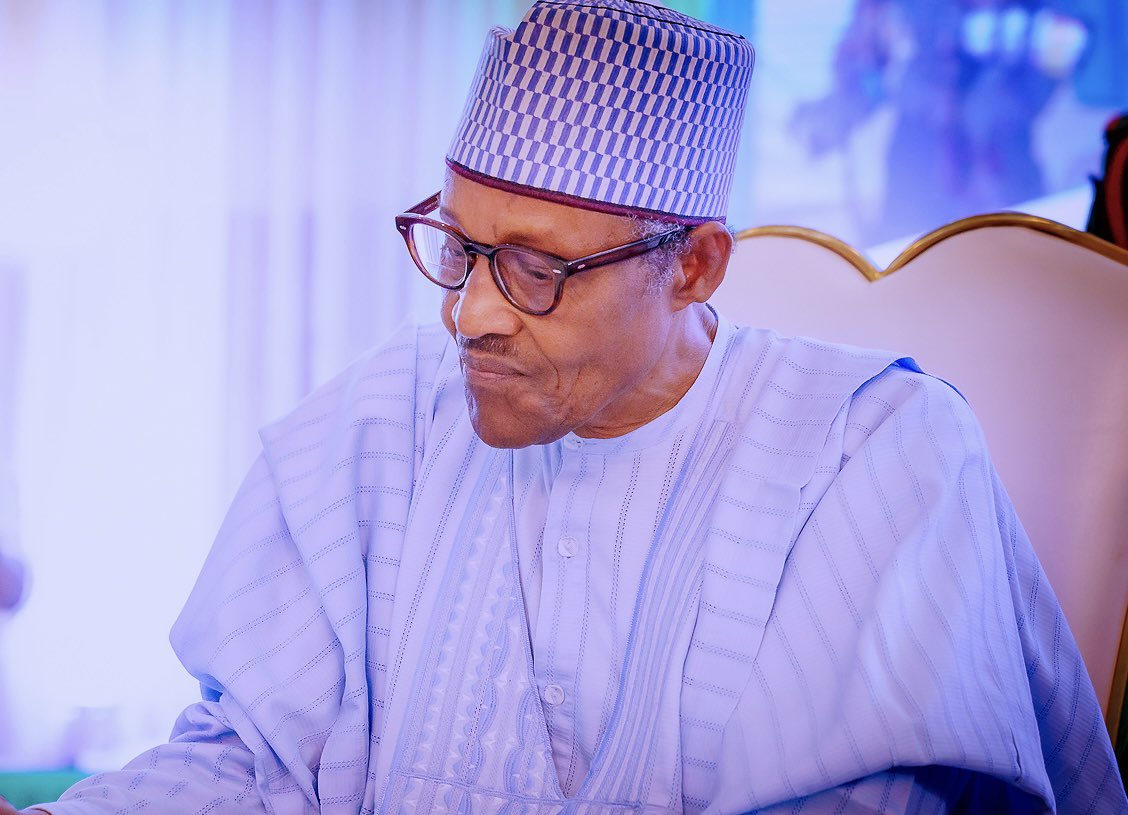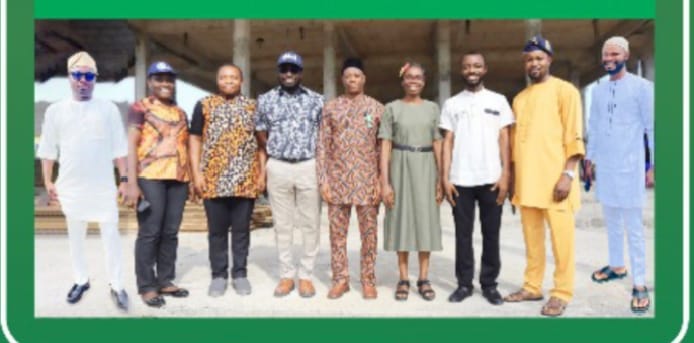Photograph by Nathaniel St. Clair
President Trump continues to brag about his ability to make deals. Whether with tariffs, gaining mineral rights or even ending conflicts, he always comes back to his particular expertise. “I’ve spoken to President Putin, and my people are dealing with him constantly, and his people in particular, and they want to do something,” he said. “I mean, that’s what I do. I do deals. My whole life is deals. That’s all I know, is deals. And I know when somebody wants to make it and when somebody doesn’t,” he boasted at his joint press conference with French President Emmanuel Macron.
His assumption, and the foundation of transactional politics, is that business deals and diplomatic deals are similar. As Fintan O’Toole recounted in The New Yorker: “Speaking of Greenland after the end of his first term, Trump recalled, ‘I said, Why didn’t we have that? You take a look at a map. I’m a real estate developer, I look at a corner, I say, I’ve got to get that store for the building I’m building,’ etc.” So if it’s Greenland, Canada, Panama or even Gaza, Donald Trump looks at the world from the same perspective, as a real estate developer.
But business deals and diplomatic negotiations are not the same. Business deals involve dollars and cents. Diplomatic negotiations involve countries and citizens. Business deals are often one-off transactions. Diplomatic negotiations are based on historic relationships with international ramifications. Business deals involve results on a spread sheet. Diplomatic negotiations include unquantifiable national prestige.
Let’s look at current U.S. Russian relations. Trump is looking to make business deals with Russia and Ukraine over rare earth minerals. In order to do that, he is ignoring historic American political, military and financial support for Ukraine and the obvious fact that Russia violated international law when it invaded Ukraine. One startling example of twisting the diplomatic into mere deal-making is that the United States voted with Russia on a resolution in the U.N. General Assembly, a dramatic reversal of United States foreign policy since the beginning of the Cold War. Trump prefers making business deals to supporting historic diplomatic alliances.
How is this tectonic shift in U.S./Russia relations playing out? Militarily, Secretary of Defense Pete Hegseth has ordered a halt to offensive cyberoperations against Russia. This is reported to be part of a deeper re-evaluation of all U.S. operations against what is now considered a former adversary. Politically, some traditional anti-Russian G.O.P. politicians like Senator Lindsay Graham from South Carolina are changing their tune to follow Trump’s pro-Russian position.
In terms of running a government bureaucracy like a business, Trump has also given power to tech billionaire Elon Musk to interfere in the public domain as if he were dealing with employees in his companies. (It is noteworthy that Musk was the first person to speak after Trump at the recent Cabinet meeting.) When Musk asks federal employees what they did the week before, he is using private, corporate criteria for public service. A peace negotiation, for example, may require years of confidence-building measures before representatives of both sides sign a final agreement. The blow-up in the Oval Office between Trump, J.D. Vance and Zelensky happened because the final arrangements about minerals and security guarantees had not been reached before the cameras started rolling, a flagrant example of ad hoc, amateur diplomacy.
How to build diplomatic confidence? For many years I attended a series of meetings in an upscale Zurich hotel. Under the tutelage of a brilliant Swiss diplomat, Theodor Winkler, high-ranking representatives from the United States, Russia and Europe spent time together getting to know each other and presenting their countries’ positions. No treaty was signed. No memorandum of understanding was agreed upon. Yet confidence was established among the participants. One cannot measure what the confidence led to. It certainly led to improved personal relations and better understandings of each country’s position.
The gatherings were discontinued, I assume, by some Swiss bureaucrat who saw no direct result of how the Swiss taxpayer’s money was being spent. Without a necessary cause and effect, it is noteworthy that the first meeting between Americans and Russians since the 2022 Russian invasion of Ukraine took place in Saudi Arabia. Why not Geneva where the 2021 Biden/Putin summit took place and the historic 1985 Reagan/Gorbachev meeting? How can one measure in centimes and francs the value of building confidence and trust between people and countries over time?
Donald Trump’s deal making has nothing to do with confidence and trust. It’s all about power and fear. Trump is “shaking down” President Zelensky to sign a mineral deal. Just like a mafia boss, he is threatening NATO partners to pay more money out of fear the U.S. will withdraw.
There are significant differences between making deals out of fear and diplomatic negotiated settlements built on confidence and trust. Fear is a temporary state. What one fears one day can lead to vengeance or reprisals the next. Confidence is more long lasting. Trump may get Zelensky to sign some deal, but whatever confidence between the two existed has been broken.
And that will have consequences for traditional American allies as well. How can one have confidence in a president who votes with Russia and North Korea in the U.N. against his European allies? If Trump continues to be transactional, he risks losing the trust of those who have historically been with the United States. Contrary to Trump’s enthusiasm towards Russia, President Macron was right to point out that “In 2014, we had a ceasefire with Russia … it was violated every time,” Macron said, adding that any truce agreement with Russian President Vladimir Putin should be backed by security guarantees. The vote in the U.N. and suspending aid to Ukraine are the latest reasons why historic U.S. allies and partners are wary of Trump.
When Ronald Reagan used to say “Trust, but verify” in the context of nuclear disarmament discussions with the Soviet Union now applies to American allies and Donald Trump. Trump is the self-declared master of the art of the deal, but he still has a lot to learn about diplomacy and negotiations. In a very short time, he has been able to put in doubt years of shared values and cooperation. No small accomplishment. A very big deal.
Source: Counter Punch









